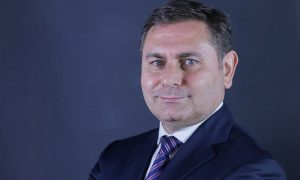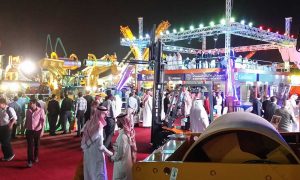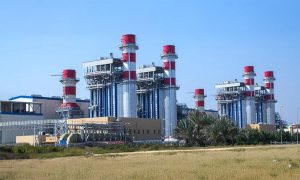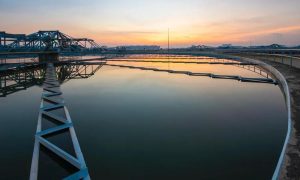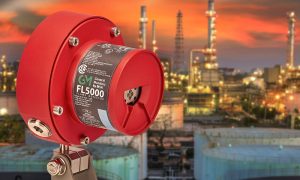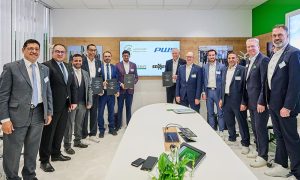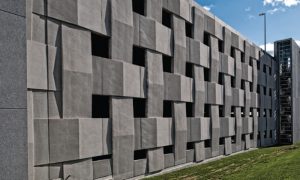Acciona developing robots for underwater review and repair work
Vehicles designed under SWARMS project perform complex operations on underwater structures autonomously
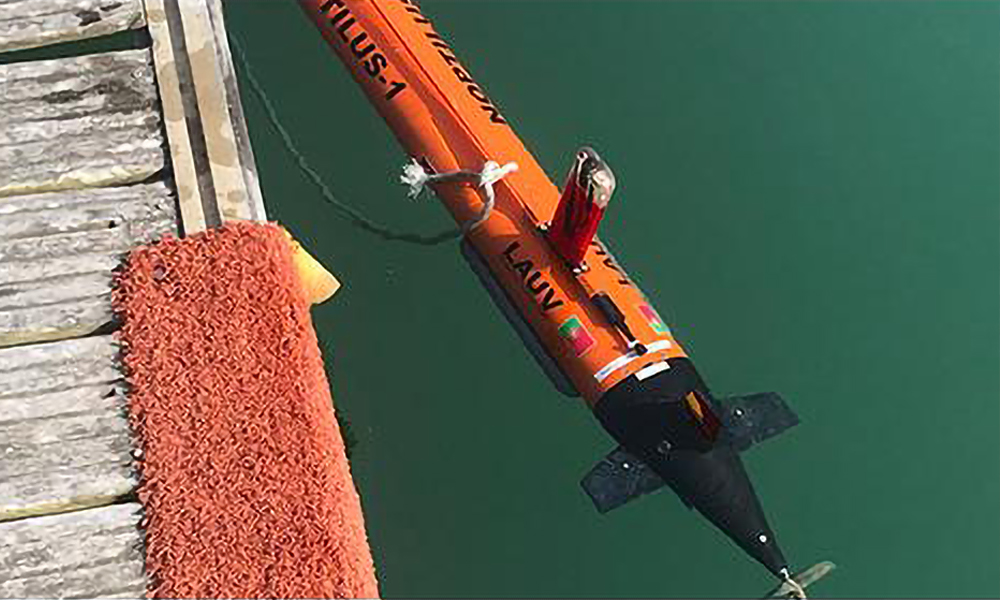
Renewable energy and sustainable infrastructure solutions supplier Acciona, is developing vehicles capable of performing complex tasks in underwater environments autonomously, as part of the $19.4m SWARMS European project.
SWARMS – or Smart and Networking Underwater Robots in Co-operation Meshes – aims to expand the use of underwater and surface vehicles to maritime and offshore operations to increase safety and reduce cost.
Acciona said in a statement that the underwater vehicles it is developing can be operated using Artificial Intelligence, without the need for human intervention. The use of this type of underwater autonomous vehicles will reduce the risks associated with the construction and repair of offshore structures, work currently performed and monitored by divers. They can be used for repairs in ports, offshore platforms, offshore wind turbines, etc.
The company added that they can also be used to measure and monitor levels of materials suspended in water as a result of dredging operations and to measure the concentration of suspended solids. The vehicles can work together in groups – or swarms, hence the project name – communicating via acoustic modems, dispensing with the need for cables or human controllers.
Jesús Sancho, Middle East managing director, Acciona, said: “We are living in Dubai, one of the most modern and innovative cities in the world so I am sure that a lot of the projects that are actually being carried out in our city and those that are yet to come, will be able to benefit from the latest technology using theses autonomous vehicles in which Acciona actively participates.”
The project, budgeted at around $19.4m, involves 30 companies, universities and technology institutes from 10 European countries – Spain, Germany, France, Portugal, Norway, Sweden, Netherlands, Romania, Turkey and Italy. Apart from Acciona, participants include multinationals from different industries, such as Leonardo, Thales, Bosch, Boskalis and Tecnalia, among others, and universities including Madrid Technical University, the Norwegian University of Science and Technology, Malardalen University Sweden and Aveiro University.
According to Acciona, the technology has been tested in three cases in Spain, Romania and Norway. The first tests executed by Acciona were carried out at the PLOCAN marine laboratory in Gran Canaria, Canary Island, where the validity of the technology was verified in terms of both robotics and telecommunications.
In the Black Sea, in Romania, it was used to measure the concentration of sulphuric acid in water; the trial in Trondheim Fjord, Norway, consisted of tracking a freshwater plume in the sea.
The project also includes designing a video-game-like user interface designed to enable vehicles to be managed without the need for specific training in robotics.


